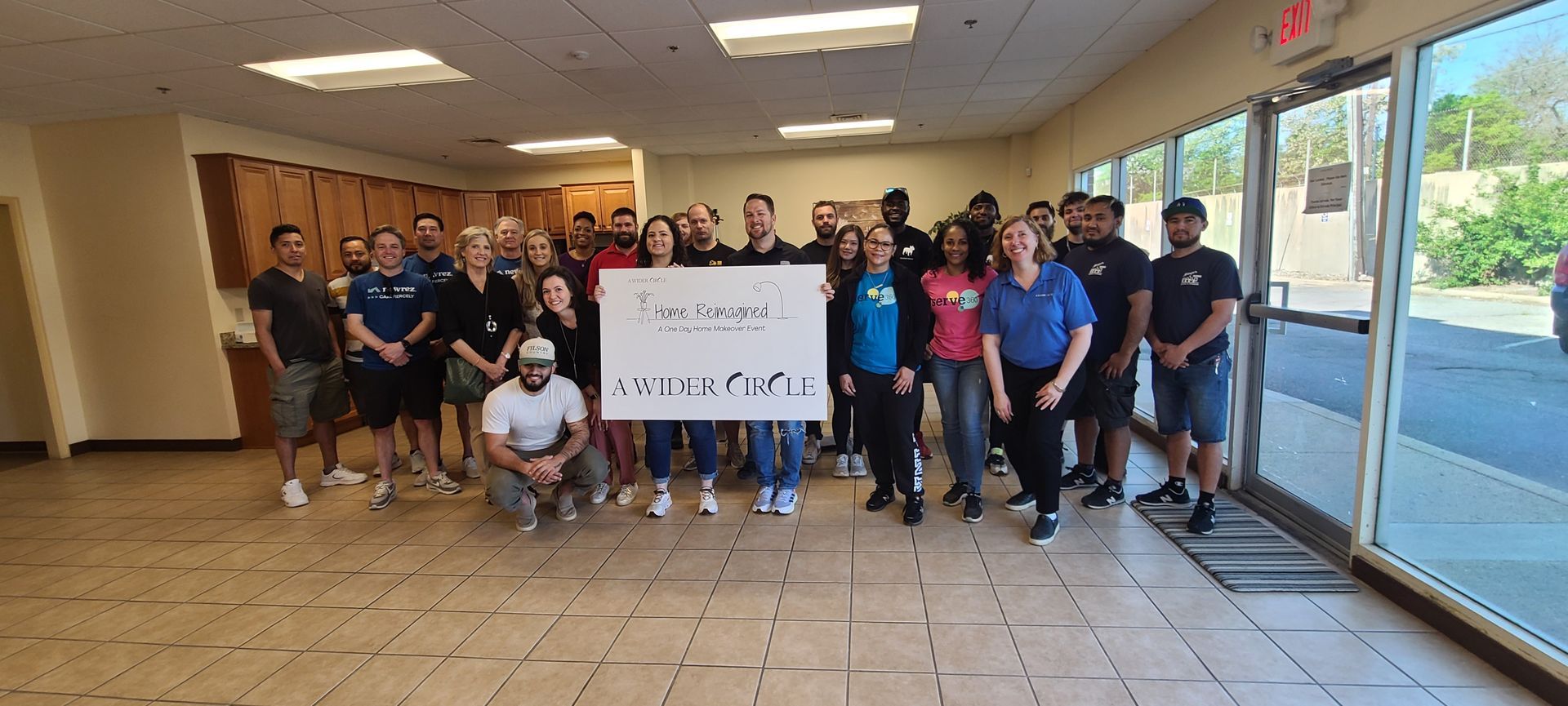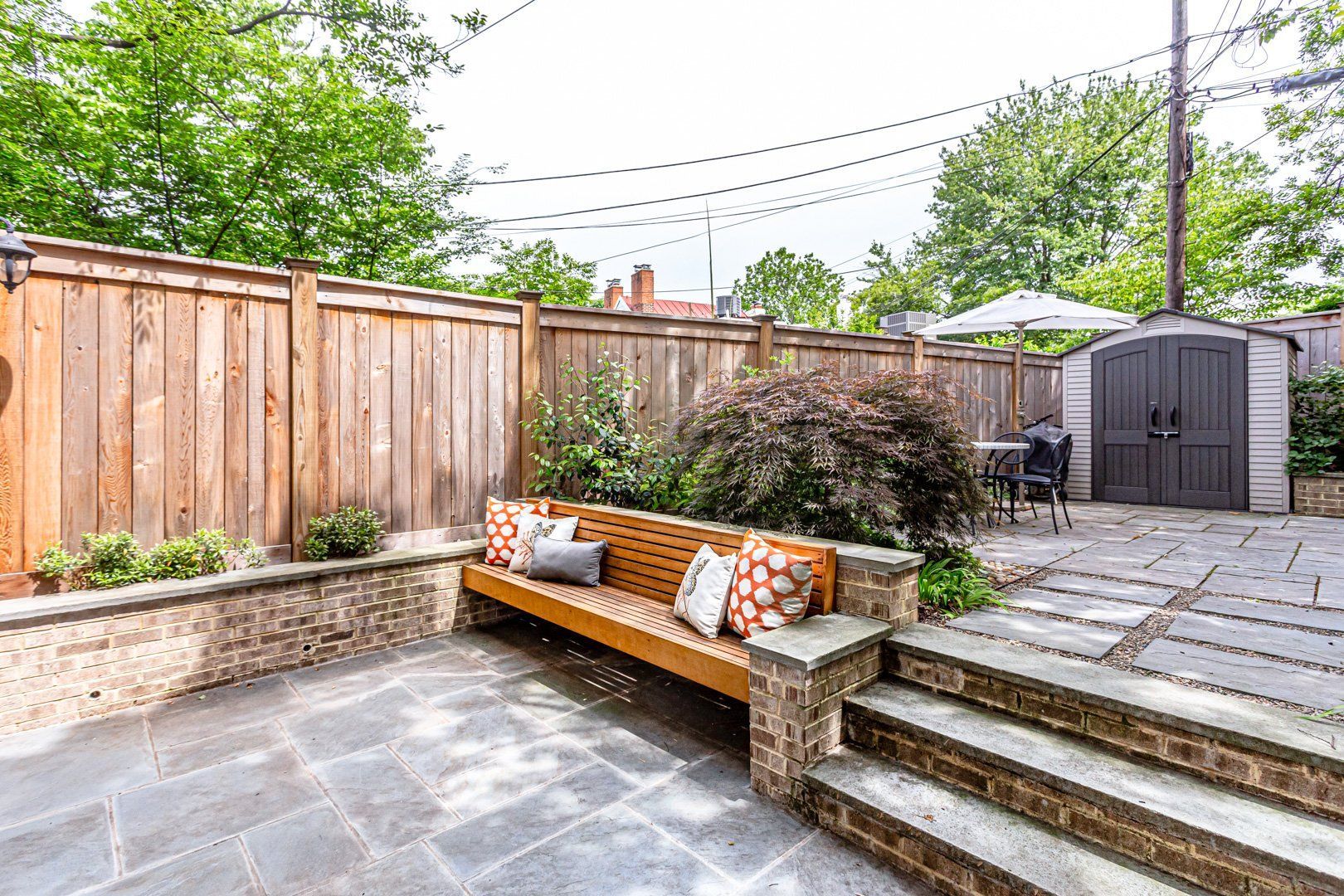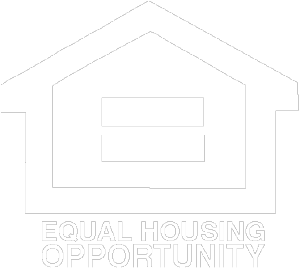Are You An “Accidental Landlord”?: What You Need to Know Before Renting Your Home in Washington, DC
Nest DC
Turning your home into a rental property is a serious undertaking, especially if you’re falling into it by accident. From tenant screening to rental licensing to ongoing management, it’s easy to miss a step without the right guidance. In this blog, we'll delve into the challenges and experiences you can expect in your first year of renting out your home to a tenant, focusing on the unique aspects of Washington DC's rental market.

Legal Considerations:
Before renting out your home, familiarize yourself with the laws and regulations governing landlord-tenant relationships in Washington, DC. You should understand the DC Tenant Bill of Rights and must obtain a Basic Business License from the Department of Licensing and Consumer Protection to ensure compliance. Never put yourself in a costly, timely, and complex situation with a tenant because you failed to start with this step.
Understanding the Washington, DC Rental Market:
The District is known for its competitive rental market, with a high demand for housing due to the city's vibrant job opportunities and attractions. As a property owner, this means that you have the potential to attract a pool of interested tenants. However, it also means you'll face stiff competition from other properties in the area, including new builds. Be realistic about what your property needs to hit the DC market strong.
Property Preparation for Renters:
To attract potential tenants in the competitive rental market of Washington, DC, you need to ensure that your property is well-maintained. This includes making necessary repairs, deep cleaning, patching holes, painting, and staging the home to make it inviting and appealing. You’ll also want to check the local comps in the area and the renovations your neighbors have done to their homes that you're now competing with. It may be surprising that renters have high standards, so be prepared if they ask for additional upgrades before making an offer.
Tenant Screening and Lease Agreements:
Screening potential residents is an essential part of the rental process.You want to find find reliable individuals who will treat your property respectfully. Tenant screening should include an assessment of credit history, income verification, and background checks. Once you've found a tenant who meets your requirements, it's essential to create a comprehensive lease agreement that includes all necessary terms and conditions.
Ongoing Responsibilities:
As a rental owner, your responsibilities extend beyond the initial advertising and leasing process. You'll need to be prepared for ongoing maintenance, addressing repair requests promptly, and ensuring that the property remains safe and habitable for your tenants. Collecting rent and handling any financial transactions are also part of your day-to-day duties.
Communication and Conflict Resolution:
Maintaining open and effective communication with your tenants is vital. Regularly checking in with them can help build a cooperative and amicable relationship. Plus, regular property checks can alert you to issues before they get out of hand. When conflicts arise, whether related to rent payments, maintenance requests, or other issues, it's crucial to address them in a professional and timely manner, striving to find mutually beneficial resolutions.
Be Realistic About the First Year’s Costs:
As with any start-up business, the first year takes a lot of time in preparation, planning, and cost. We estimate three months' rent in costs during a year that you’re placing a tenant. Between leasing fees (if you are hiring this out), the cost of vacancy, and the cost of turnover, you may not see as much of a profit as you expect. Keep in mind that the return on your investment improves over time, especially if your tenant stays in place.
If You Decide to Sell Your Property or Reoccupy:
If renting out your property is not a long-term plan and you need to sell or move back in, be prepared to navigate DC’s regulations. You won’t be able to take the property back over without ample notice and disclosures to your tenants. Speak with your realtor well in advance of your plan to sell and familiarize yourself with the requirements set by the Department of Housing and Community Development.
When you rent out your property, you are starting a business. It’s important to understand your obligations as an owner and be prepared to triage unexpected events. If you’re an accidental landlord without much time to devote to overseeing a rental property, we highly recommend hiring a property manager. Call Nest DC to learn more!
For more happy home content, we suggest checking out our blog on Fair Housing Practices.









